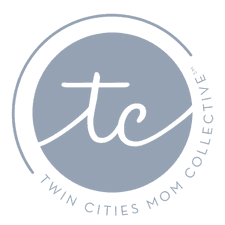The following is a sponsored post written by experts at Children’s Hospitals and Clinics of Minnesota:

We realize that you may not have made the decision to vaccinate your child, but we’d love the chance to tell you why it’s best for kids to receive immunizations. We hope you’ll join us for our Twitter #MNvaxchat on Monday night to further discuss the importance of vaccinations.
Recent outbreaks of measles throughout the U.S. show that vaccinating children is as important as ever.
According to the Centers for Disease Control and Prevention, this year already has seen more cases reported (585) than any other year dating back to the early 1990s. I worry that the numbers of outbreaks (18) are a sign of growing credibility for a small band of celebrities and others who have thrown up an online smoke screen of fear of vaccines against measles, whooping cough and other common childhood diseases.
If even a relatively small percentage of Americans buy into this criticism and opt to not vaccinate their kids, it would be disastrous. Measles, one of the most contagious airborne diseases, can be extremely serious, leading in rare cases to pneumonia and fatal brain infections. Infants too young to be vaccinated particularly are at risk.
What’s most frustrating is that it’s all so unnecessary.
The virus hasn’t changed all that much. It’s not like the HIV virus, constantly mutating. No; with measles the culprit purely is social – a breakdown in trust of medical experts whose longtime vaccine advocacy made measles and other common childhood infections a footnote.
Online vaccine critics are not winning, in a classical political sense. Thankfully, more than 90 percent of parents still trust their health care providers and nationally recommended vaccines. If they didn’t, we would see frequent headlines about deaths from measles, whooping cough and other diseases.
However, the remaining 10 percent of parents are hesitant, have vague fears and wonder who to trust. They routinely hear or read vehement vaccine bashing in social media circles, which feeds fear and denial – and new outbreaks.
Measles is so highly contagious that just passing through a clinic waiting room two hours after someone with measles has been there can expose an unvaccinated newborn, which may be devastating.
We all must protect the vulnerable in our community by forming a protective barrier of our own vaccination. That’s a simple point seemingly lost on the peddlers of myth and pseudoscience who have infected too many parents with baseless fear of vaccines that protect their own children and the community at large.
Parents should trust health care professionals who urge vaccination on schedule. At Children’s Hospitals and Clinics of Minnesota, we speak from experience. We have seen children die or become permanently impaired from vaccine-preventable disease. Ask our specialists how many unvaccinated, critically ill children they have cared for, and they would answer “too many to count.” And how many they’ve seen with severe vaccine side effect? You’ll get a blank stare, or “I don’t recall any; maybe one at most.”
We have seen children with measles on a ventilator, fighting for their lives. That’s a bitter sight when you recognize that two doses of measles-mumps-rubella vaccine will prevent measles in 99 percent of those vaccinated. There’s no contest between the benefits of vaccines and their extremely rare risks.
Before the measles vaccine was developed in the 1960s, there were 2.6 million measles-related deaths per year worldwide. In 2012, that number was down to 122,000, mostly in children younger than 5 in parts of the world where vaccines are scarce or their parents refuse to allow vaccination. The point is that we can’t afford to let our guard down in the U.S. or elsewhere. In a global society measles is a mere plane ride away for the unprotected.
The safe, effective and trustworthy action for infants, children, adolescents and adults is to get vaccinated on time for all recommended vaccine-preventable diseases.
Aside from sanitary drinking water, vaccines remain the safest, most-life-saving medical intervention we have to protect our children.
Join us Monday, Aug. 11, for a Twitter chat with @TCMomsBlog, @ChildrensMN and Patsy Stinchfield (@InfectiousPS), Children’s nurse practitioner and director of Infection Prevention and Control and the Children’s Immunization Project, around the topic of childhood vaccinations. Bring your thoughts, questions and opinions on the topic. All who participate by using the hashtag #MNvaxchat between 8-9 p.m. that day will be entered to win a $50 Target gift card.
For more on the Twitter Chat and for instructions on how to set up your own account, check out the event page – #MNVaxchat.





2 comments
Thank you so much for posting this, it is an issue I feel strongly about, and I’m so glad to see it addressed here. I believe parents should have choice in all matters of parenting decisions, but to me this doesn’t even seem like it should be a choice. Thank you for helping calm fears and remind people to trust their medical professionals.
As our boys are set to enter kindergarten this year, I feel calmed in hearing the statistic above that 90% of parents trust their healthcare providers and the nationally recognized vaccines. Thank you for this post.